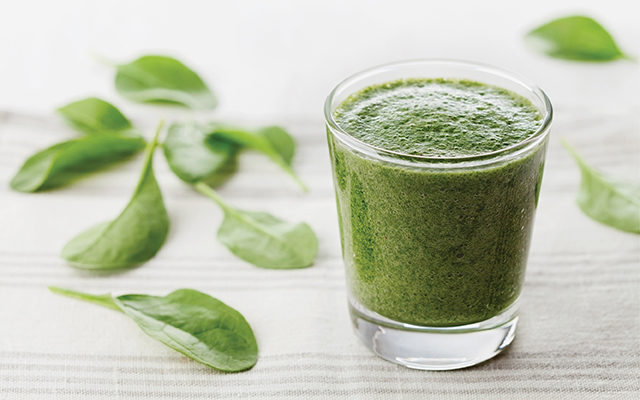Q | Can I eat the same pre- and postexercise meals for all my workouts?
A | Different types of exercise stress your body in different ways, which means your nutrition needs will vary depending on the type of workout you’re doing.
Steady-state cardio — like a long bike ride or run — burns mainly fat for sustained energy. Strenuous workouts, like resistance training and sprints, require carbs for immediate energy. When fueling up pre- and postworkout, you’ll want to replenish the appropriate energy stores. (See below for ideas.)
Regardless of what type of exercise you have planned, eat your last solid-food meal two to four hours before your workout (or opt for liquid options, such as a smoothie). “The goal is to eat something that’s going to stick with you,” says Paul Kriegler, RD/LD, of Life Time Weight Loss in Chanhassen, Minn. “You don’t want to be eating a meal that’s going to skyrocket your blood sugars and then drop them right before your workout.”
Eat your postworkout meal within an hour of exercising to get the most recovery benefits.
If you’re planning a session longer than 90 minutes or cranking through intense intervals, Kriegler suggests supplementing with branched chain amino acids (BCAAs), a mixture of essential amino acids that protect your muscle tissue during hard or long training sessions and help maintain blood-sugar levels. A powdered BCAA supplement mixed in water and consumed 30 minutes before to 30 minutes after a workout is easy to digest and absorb.
Sport-Specific Fuel Ideas
A Run or Bike Ride (90 minutes or more)
- Preworkout: High-protein smoothie: Mix two scoops protein powder, 8 to 10 ounces water or milk, approximately 1 cup fruit, a handful of spinach, and 2 tablespoons nuts, seeds, nut butter, and half an avocado.
- Postworkout: Two to three hard-boiled eggs and a banana.
Sprints and High-Intensity Interval Training
- Preworkout: Two fist-size servings of greens and veggies, half an avocado, and one to one-and-a-half palm-size portions of protein (eggs, chicken, beef, fish, or beans). Add a fist-size piece of fruit for extra carbohydrates.
- Postworkout: One scoop of BCAAs or whey protein mixed in 8 ounces water. (Whole foods can be difficult to digest right after a HIIT workout, making liquid proteins a good option.)
Lower-Rep Strength Training (five to eight sets of five to eight reps)
- Preworkout: Grilled chicken breast with two fists of broccoli, or a high-protein smoothie as described above.
- Postworkout: 1 cup plain yogurt with 1 cup fruit and 2 tablespoons granola.
This article originally appeared as “Expert Answers: Better Pre- and Postworkout Meals”.





This Post Has 0 Comments